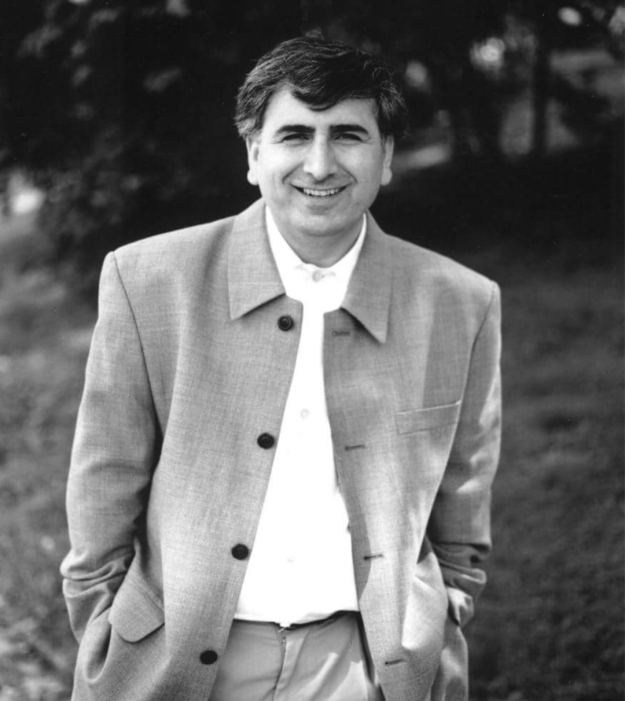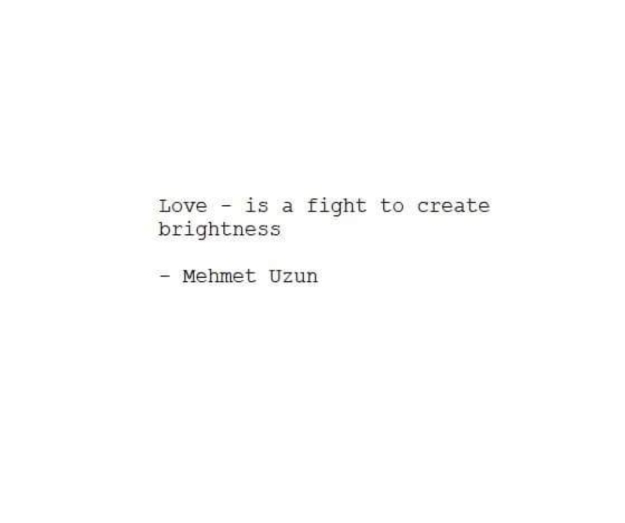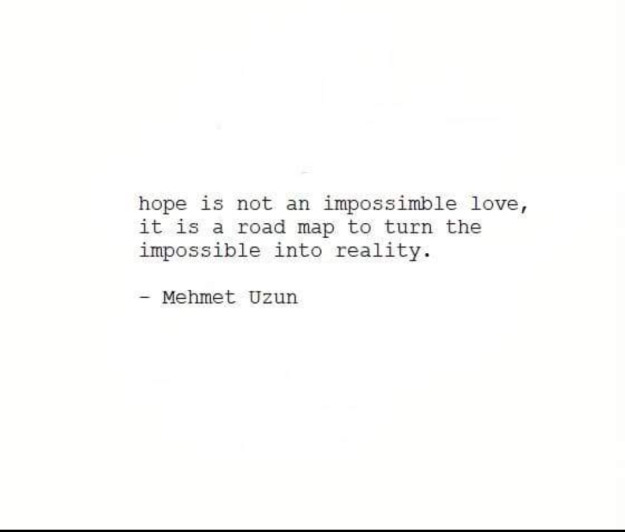


Mehmet Uzun pioneer of the Kurdish novel in Turkey, will be best remembered on the international stage for the controversy surrounding his novel Roni mina Evine, Tari mina Mirine („Light as love, Dark as death“), an allegorical treatment of the situation of the Kurds in Turkey published in 1988, which features a passionate love affair between a young female guerrilla fighter and a high-ranking army officer who embarks on a search for his own origins. Translated into Turkish, the book was reprinted 10 times and sold some 20,000 copies.
However, in 2001 Uzun was accused by the Istanbul State Security Court of „having supported terrorism and incited rebellion leading to separatism“. These accusations evoked strong protests worldwide; an appeal made to the Turkish high authorities on Uzun’s behalf was signed by Nobel Prize winners such as Nadine Gordimer, Günter Grass and Elie Wiesel, and members of the Royal Academy of Denmark and the Swedish Royal Academy en masse.
Uzun was also supported by the government of Sweden, where he had long lived in exile; Anna Lindh, the foreign minister, publicly reproached Turkey for bringing a case against Uzun because of his writings. Uzun himself always maintained that the novel was a love story, with nothing to do with terrorism or separatism.
On 4 April 2001, Uzun stood trial. Before an international audience which included Yashar Kemal, Orhan Pamuk, Akin Birdal and representatives of PEN, he delivered a speech defending human rights and the right of writing Kurdish in Turkey. Despite the gravity of the accusations, Uzun and his publisher, Hasan Öztoprak, were acquitted.
For the people of the Kurdish region of Turkey, Uzun represented far more. He was the first person from Turkey to write novels in Kurmanji Kurdish, a language forbidden for most of the 20th century in Turkey, and which even now has no official presence in the state education system, and is often decried as a „patois“, a farrago of mutually incomprehensible subdialects. Uzun’s books celebrated Kurdish culture and focused on such themes as love, conflict, political struggle, statelessness and democracy, and memory and forgetting, always suffused with the nostalgia of exile. His protagonists were for the most part the Kurdish intellectual activists who had devoted their life to the revival of their nation. Uzun’s books were banned in Turkey for many years.
In April 2000 the State Security Court in Diyarbekir confiscated four of his titles from all bookshops. This was cancelled after the application of international pressure, especially a press conference by Uzun in Stockholm in which many Swedish writers and cultural activists took part.
Mehmed Uzun was born in the town of Siverek, in Turkish Kurdistan, in 1953. After graduating from the local high school, he continued his studies in Ankara. In 1972 he was arrested and condemned to two years‘ imprisonment. In 1976, after issuing the Kurdish journal Rizgari („Liberty“), he was arrested again, imprisoned and released after six months. In 1977 he went to Sweden as a political refugee; there he remained until 2006, writing six novels and a number of other books about Kurdish literature, in Kurdish, Turkish, and Swedish. He was also active as a journalist and chief editor of the Kurdish journals Rizgariya Kurdistan („Liberty of Kurdistan“), Hevi („Hope“) and Kurmanji. From 1989 until 1992, he was on the editorial board of the Swedish literary journal 90-tal (The 90s).
In 2000 he was elected to the International Parliament of Writers, a worldwide organisation for freedom of speech founded by Salman Rushdie. In 2001 he received the freedom of expression prize from the Turkish Association of Publishers.
Upon learning in 2006 that he was suffering from incurable cancer, Uzun decided to go back home, and was received by the people of Diyarbakir as a hero.